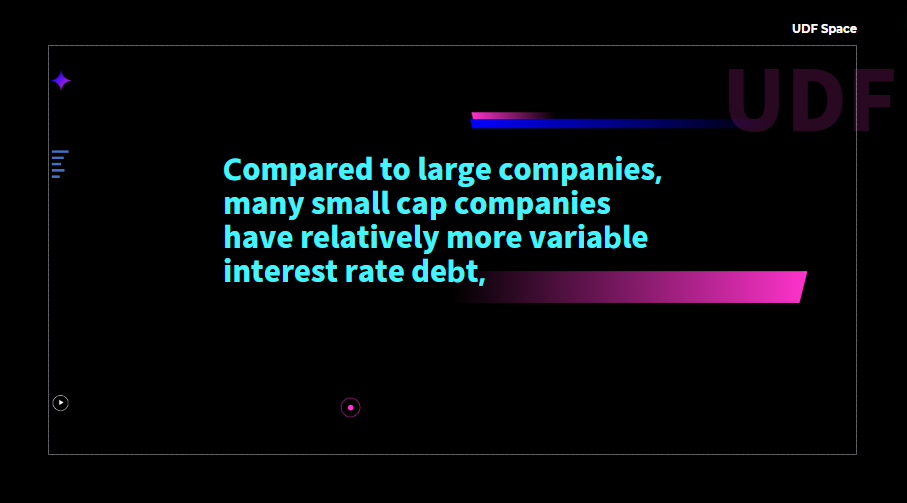OP becomes first bank in the Nordics to implement sustainable supply chain financing – supports the vitality of businesses and supply chains
In many industries, supply chain emissions form the majority of the emissions of large companies. To support the sustainability work of businesses and their suppliers, OP becomes the first bank in the Nordics to implement sustainable supply chain financing for companies. One of the companies using the solution is Elisa, which seeks to achieve ambitious climate targets together with its supply chain.
Supply chain emissions, or Scope 3 emissions, form the most significant part of total emissions in many industries. The role of supply chains of total emissions is emphasised especially in sectors such as the metal products and electronics industries.
At the same time, companies are required to collect increasing amounts of data on the impacts of their supply chains on the environment and society. Regulations on the sustainability of large companies are already placing data needs on businesses upstream in the supply chain, many of which are small and mid-size enterprises. According to OP's Survey of Large Corporations, 56 per cent of large companies have switched and 53 per cent are likely to switch suppliers and subcontractors due to stricter sustainability obligations.
OP is introducing sustainable supply chain finance for companies to support the sustainable transition of both large companies and SMEs. With OP's sustainable supply chain finance, businesses can grant better terms of financing for suppliers that commit to mutually agreed sustainability criteria and targets.
Supply chain finance is a financing and risk management tool that can be used to optimise the amount of working capital tied to the supply chain and strengthen the supply chain's liquidity. By participating in the supply chain finance programme between the company and OP, suppliers can sell their accounts receivable to OP at competitive terms while the buyer of the product or service can improve the efficiency of working capital by agreeing on the payment terms of purchases with OP.
"Sustainable supply chain financing helps both companies and suppliers reach sustainability targets. Large companies play an instrumental role in setting the trend in sustainable business. For Finnish businesses, it is essential that smaller companies are able to take care of their ESG responsibilities and remain competitive. Through sustainable supply chain financing, OP and large companies can support the vitality of supply chains", says Katja Keitaanniemi, CEO of OP Corporate Bank.
Mutually agreed sustainability targets can be related to greenhouse gas emissions or human rights risks, for example. Progress towards the targets is monitored regularly, and an external and independent party is consulted when setting the goals and monitoring performance.
One of the companies using OP's sustainable supply chain finance is Elisa, which encourages its suppliers to take climate actions. Suppliers' progress towards the targets is assessed based on their CDP Climate Change score.
"We have set science-based, ambitious climate targets to reduce CO2 emissions from our operations and value chain by 42 per cent by 2030. In addition, our goal is to achieve net zero emissions by 2040. Emissions reductions in Elisa's own operations mainly involve improving energy efficiency, while achieving reductions in supply chain emissions requires many different methods. The supply chain finance programme provides an effective way to motivate our partners to seek ways to reduce the emissions of services and products supplied to Elisa", says Minna Kröger, Corporate Responsibility Director of Elisa.























































First, please LoginComment After ~